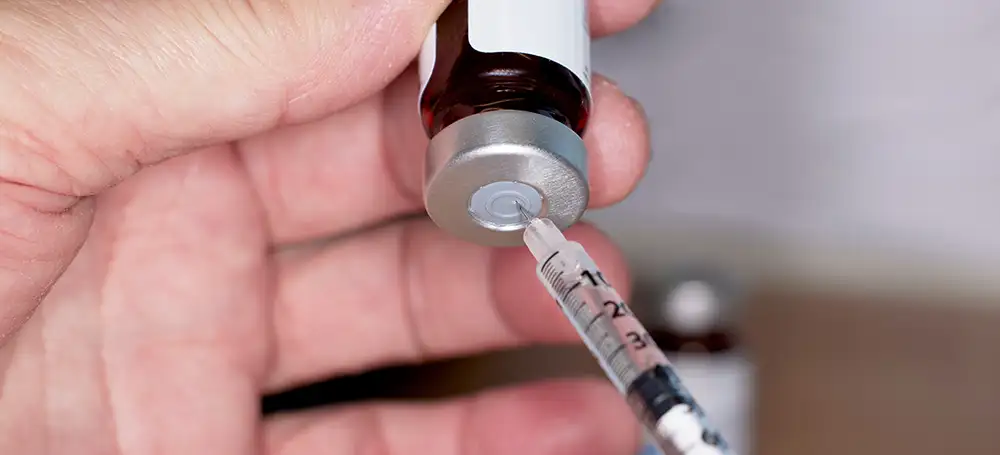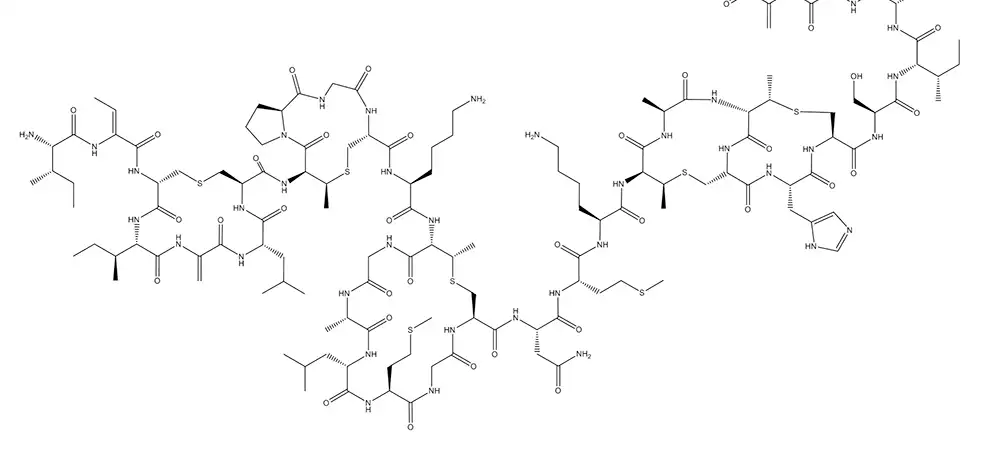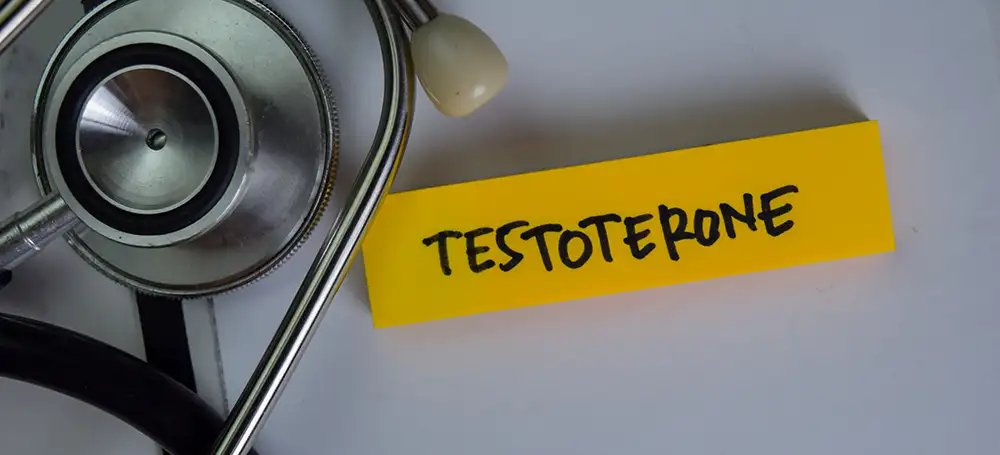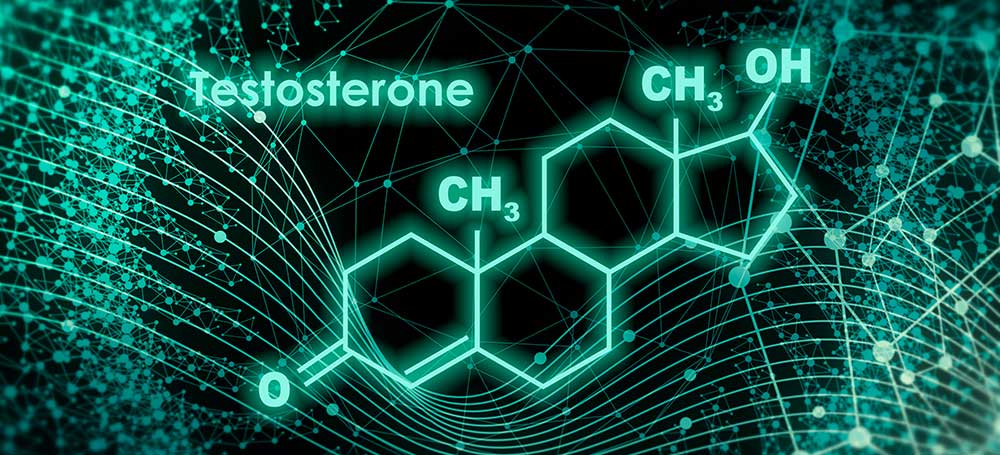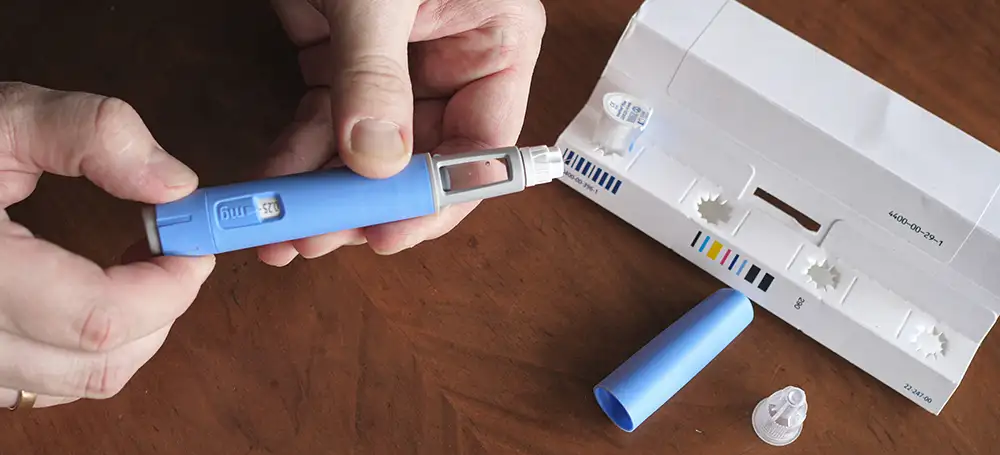Symptoms and Treatment Options for Men with Low Testosterone
What is the definition of Low Testosterone (Low T)?
Low Testosterone, or Low T, refers to an underproduction of the hormone testosterone in the body. This hormone oversees male development and sexual function and is produced primarily in the testicles. Low T can impact the building of muscle and bone mass, sperm production, erectile function, and sex drive, while also impacting sleep and mood swings.
The testosterone levels in the blood of a healthy developing male peak at about 1000-1200 nanograms per deciliter (n/dl) between puberty and approximately 30 years of age. The average man can expect a 1% rate of decline per year after that.
Men with Low T either never reach those levels, or experience a much more significant drop.
What are the Symptoms of Low T?
There are several symptoms of Low T that can impact a man’s quality of life. Because testosterone affects so many aspects of your body, Low T can impact your physical, sexual, and mental/emotional well-being.
Physical Symptoms of Low T
Loss of muscle/Increased Body Fat
It is well known that testosterone helps to produce muscle mass and that men with Low T often have lower levels of muscle mass. But Low T doesn’t just stop there – men with Low T may also experience an increase in body fat. This “double whammy” of changes to your body composition can come on quickly and significantly when your testosterone starts dropping below optimal levels.
Gynecomastia (Man Boobs)
Low T is one of the causes of Gynecomastia, sometimes called man boobs (“moobs”). While not generally considered a serious medical condition, breast growth in men can have a significant impact on a man’s physical appearance and, ultimately, their self-esteem and self- confidence.
Loss of Bone Mass
As men age, their bones can become thinner. Osteoporosis is rightly recognized as a significant problem that occurs in older women. However men with Low T can also experience thinning of bone mass, making them more susceptible to bone fractures.
Lower Blood Counts
Low T has been linked to an increased risk of anemia in older men because they have a decreased hemoglobin level. More importantly, the Journal of American Medicine concluded that Testosterone treatments to have been found to correct anemia in menand “…significantly increased the hemoglobin levels of those with unexplained anemia as well as those with anemia from known causes.”
Physical Fatigue
In several studies, men with Low T reported fatigue and even extreme fatigue. This can lead to lack of motivation to exercise, which can also increase other health risks.
Sexual Symptoms of Low T
Difficulty Getting or Maintaining an Erection
Men with Low T can have problems getting or maintain an erection for a very specific physical reason. Levels of Nitric oxide synthase (NOS), the molecule that triggers an erection, have been linked to changes in testosterone levels. Lower T can reduce the levels of this neurotransmitter, causing difficulty getting or keeping an erection.
Smaller Testicle Size
A common condition that can lead to smaller testicles is called Hypogonadism. A man with Low T may not produce enough testosterone to help ensure proper development of male characteristics, including the penis and testicles.
Loss of Sex Drive/ Low Libido
Testosterone plays a major role in a man’s sex drive and naturally declines in men as they get older. But for men with Low T may find their lack of libido more drastic and abrupt.
Mental and Emotional Symptoms of Low T
Mental Fatigue
Men’s brains contain cells with testosterone receptors that significantly affect mental health. Men with Low T are not able to “feed” these receptors and the result can be a lack of mental focus, depression, anxiety and irritability.
Mood Swings
It is not uncommon for mood swings in women to be attributed to hormones. But men are also susceptible to similar imbalances when it comes to their testosterone. Low T levels, and subsequent higher levels of the stress hormone cortisol, can create what is called andropause in men.
Andropause can lead to mood swings, anger, frustration, and sadness if not appropriately managed. Subsequently, improving testosterone levels have reported improvements in their mood and attitude and some men report they“begin to feel like their old selves again”
Affected Memory
Doctors have theorized that lower testosterone levels could contribute to a loss in memory as both drop as a man ages. A study published in JAMA (the Journal of American Medical Association) associated treatments for Low T with improved memory in men with preexisting Low T levels. It is also interesting to note that the nearly 500 men tested who received placebo treatment did not respond as well.
Click here to Read the JAMA Article: “Testosterone Treatment and Cognitive Function in Older Men With Low Testosterone and Age-Associated Memory Impairment ”
Poor Sleep
There’s strong evidence of a relationship between men with low testosterone levels and occurrences of obstructive sleep apnea (OSA). Studies indicate that testosterone levels improve with good sleep and decrease with less sleep.
Treatment options for Low T?
Once diagnosed by a clinical professional, Low T may be treated with hormone therapy. Testosterone replacement therapy, often called TRT may be administered in many forms for both convenience and patient tolerance. These include:
- Injections: Weekly/biweekly injections.
- Implants: A small pellet may be implanted under the skin every 3-6 months.
Impact of Treating Low T
Most men feel an improvement to many of the symptoms of Low T within four to six weeks of beginning TRT. Most will begin to see physical changes such as improved muscle mass in three to six months.
Finding Low T Treatment in Massachusetts
If you have been experiencing any of the symptoms of Low T, Testosterone Replacement Therapy may help improve your physical, mental, and sexual health. Please call Boston Vitality at 781-399-LowT (5698) to schedule a consultation at our convenient location in Stoneham, MA.
Dr. Michael Zachareas, a board-certified urologist, is a highly respected expert in men’s health in the Boston area. “Dr. Z” has helped thousands of men hold on to their vitality and be the very best that they can be.




